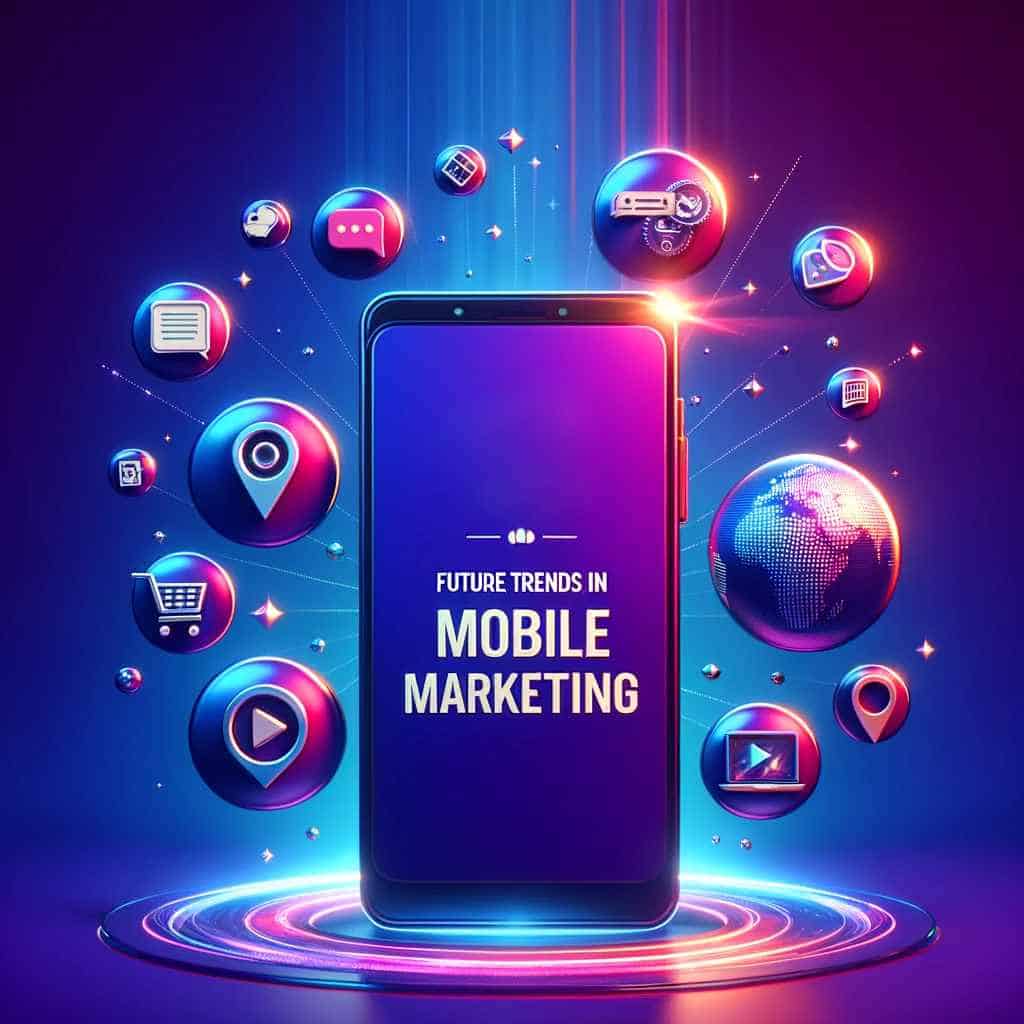In today’s fast-paced digital world, mobile marketing strategies has a pivotal strategy for businesses aiming to expand their reach and connect with audiences effectively.
With over 4.3 billion smartphone users globally, the mobile platform offers an unparalleled opportunity to engage with consumers directly and personally.
This blog post explores the role of mobile marketing strategies that enhance your business growth and maximise your marketing efforts.
Mobile marketing not only allows for a wide range of creative strategies but also caters to the immediate and convenient access of information by consumers.
As technology evolves, so do the opportunities for businesses to innovate in their marketing approaches, making it essential for marketers to understand and implement mobile-centric tactics.

1: Understanding Mobile Marketing
Mobile marketing strategies are designed to reach audiences on their smartphones, tablets, and other mobile devices. They usually encompasses several formats, including SMS, mobile apps, email, social media, and websites optimised for mobile.
This approach can leverage the personal nature of mobile devices, offering tailored content that resonates with the user’s interests and behaviours.
The importance of mobile marketing in today’s business landscape can’t be overstated. With consumers spending an increasing amount of time on their mobile devices, businesses have the opportunity to engage with their target audience directly and interactively.
By adopting mobile marketing strategies, companies can enhance their visibility, improve customer engagement, and drive growth.
2: Core Strategies for Mobile Marketing
Developing a mobile-responsive website is the foundation of effective Mobile marketing strategies. A website, optimised for mobile provides a user-friendly experience, which is crucial given that a significant portion of internet traffic comes from mobile devices.
Mobile SEO practices, such as optimising speed, using responsive design, and implementing local SEO strategies, are essential for improving visibility in mobile search results and attracting more organic traffic.
Mobile advertising platforms offer a dynamic way to reach targeted audiences through various ad formats like display ads, video ads, and in-app ads.
These platforms enable precise targeting based on user demographics, interests, and behaviours, ensuring marketing messages get delivered to the right audience at the right time. Effective mobile advertising can significantly enhance brand visibility and drive conversions.

3: Advanced Mobile marketing strategies
In-app support and mobile apps have become vital components of a comprehensive mobile marketing strategy.
They improve customer experience by providing convenient access to services and information but also open avenues for personalised marketing through push notifications and in-app messages.
These tactics can significantly boost customer engagement and retention, encouraging repeat visits and fostering loyalty.
Artificial intelligence (AI) and augmented reality (AR) are at the forefront of transforming mobile marketing strategies.
AI-powered chatbots and personalised recommendations can enhance user interactions, making them more engaging and relevant. Meanwhile, AR offers immersive experiences that can captivate users, providing them with a unique way to explore products and services.
These advanced technologies are shaping the future of mobile marketing by creating more personalised and interactive experiences.
4: Measuring Success in Mobile Marketing
Understanding and tracking the right key performance indicators (KPIs) is crucial for measuring the success of mobile marketing strategies.
Metrics such as app downloads, mobile website traffic, conversion rates, and user engagement levels provide insights into the effectiveness of your mobile marketing efforts.
Tools like Google Analytics offer specialised reports for mobile marketing, allowing businesses to monitor performance and make data-driven decisions to optimise their strategies.
Moreover, it’s essential to continuously analyse and refine your mobile marketing tactics based on performance data.
This process helps to identify what works best for your audience, enabling you to tailor your strategies for improved outcomes. Leveraging analytics tools effectively can lead to more targeted and successful mobile marketing campaigns.

5: Future Trends in Mobile Marketing
The advent of 5G and 6G technology will to revolutionise mobile marketing by offering faster internet speeds and more reliable connections.
This will enhance the capabilities of mobile marketing strategies, from streaming high-quality video content to enabling more sophisticated and interactive AR experiences.
Marketers must stay ahead of these trends to leverage the potential of 5G and other emerging technologies.
As consumer behaviours and technology continue to evolve, so too will the landscape of mobile marketing. Businesses must remain agile, ready to adapt their strategies to capitalise on new opportunities.
Staying informed about future trends and technological advancements will be key to maintaining a competitive edge in the dynamic world of mobile marketing.
Conclusion
Mobile marketing stands as a critical component of modern digital marketing strategies, offering a direct pathway to engage with consumers in a personalized and impactful manner.
By understanding and implementing the core and advanced tactics discussed in this post, businesses can maximize their reach and deepen their connection with their audience.
As the digital landscape evolves, so too must our strategies, with a forward-looking approach that embraces innovation and adaptability.
The future of marketing is mobile, and by embracing these strategies, you can ensure your business remains at the forefront of this dynamic landscape.





